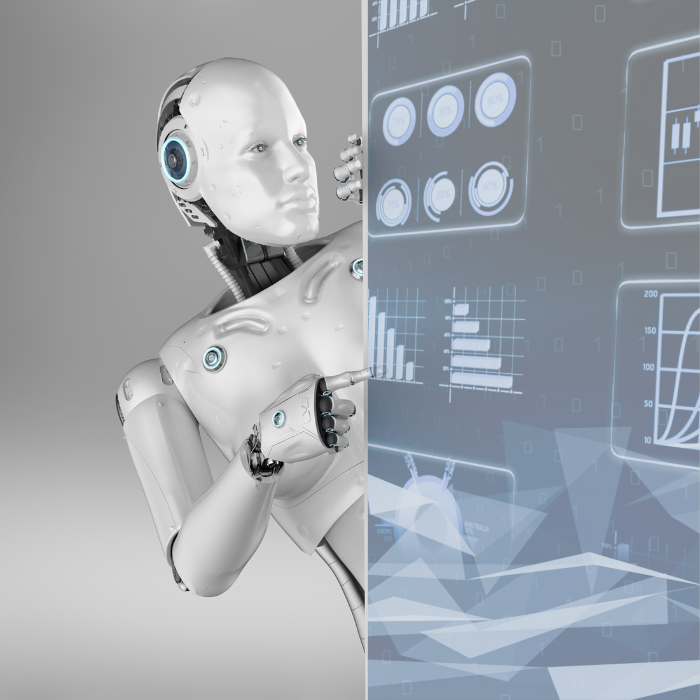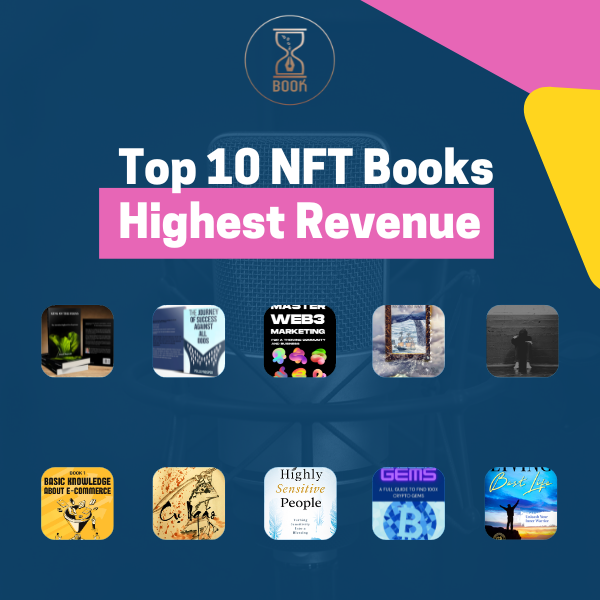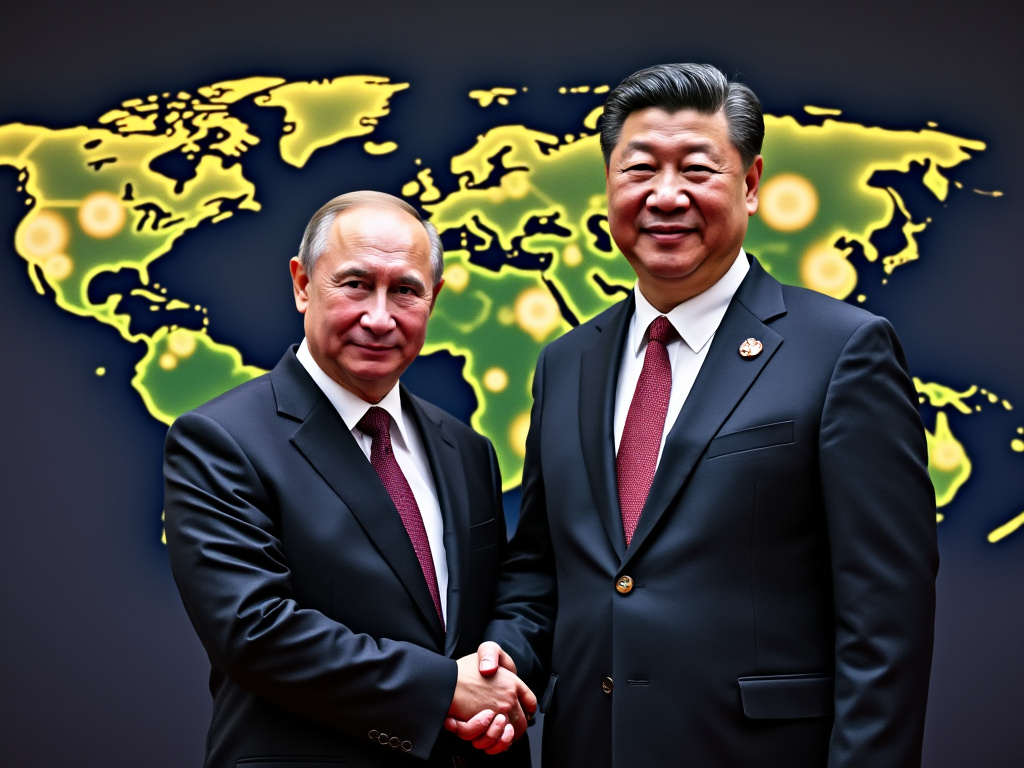The fusion of artificial intelligence (AI) and blockchain technology, once a speculative idea, is rapidly gaining traction. As real-world applications emerge, the concept of decentralized AI is becoming increasingly relevant and significant. The upcoming AI Summit at Consensus 2024 will delve into these developments, exploring the current state and future potential of decentralized AI. This article explores why it is gaining momentum and why it matters in today’s technological landscape.

Why Decentralized AI is Important
The principles driving decentralized AI echo those that underpin decentralized finance (DeFi). Just as Satoshi Nakamoto sought to reduce reliance on centralized financial institutions, the push for them aims to mitigate the control of AI technologies by a few large corporations. As AI becomes more integrated into daily life, its influence on how people perceive, interact with, and present themselves to the world will grow. Consequently, the stakes of who controls AI are high, raising critical questions about privacy, autonomy, and ethical use.
AI Agents: A New Frontier
The rise of AI agents is one area where decentralized AI can make a significant impact. AI agents are software entities capable of performing tasks such as booking flights, paying bills, or managing investments. Currently, these functions are typically controlled by major tech companies that not only manage the data but also influence the actions taken based on that data. Decentralized AI offers an alternative where users can retain control over their data and the AI’s actions.
AI as Personal Coaches
Another compelling yet concerning application of AI is its use as personal coaches or therapists. Millions of individuals might soon turn to AI chatbots for guidance on personal matters, sharing intimate details and confessions. In a centralized model, this sensitive information could be exploited by tech giants for profit. Decentralized AI, leveraging blockchain’s privacy-preserving technology, could provide these benefits without compromising user privacy.
The State of Decentralized AI
Several decentralized artificial intelligence projects have been quietly developing for years, and they are now starting to gain visibility. One notable example is SingularityNET, founded by AI researcher Ben Goertzel in 2017. SingularityNET aims to create a decentralized AI network, reflecting Goertzel’s long-held belief that the internet—and by extension AI—should not be centralized. His vision dates back to the mid-90s when he first recognized the potential for a decentralized internet.
Decentralized Physical Infrastructure Networks (DePIN)
Another critical development in decentralized AI is the concept of DePIN, where token-holders are incentivized to contribute to building online services. Gensyn is one such project, aiming to create a decentralized network that harnesses unused computing power from individual users for artificial intelligence data training. This approach could democratize AI development, reducing the need for massive, centralized data centers and enabling a more distributed infrastructure.
Decentralized AI Competing with Centralized AI
Web3 and AI projects are not just about infrastructure; they are also developing decentralized generative AI models to rival centralized ones. VeniceAI, supported by Bitcoin pioneer Erik Voorhees, is one example. VeniceAI aims to provide the benefits of generative AI without the drawbacks of surveillance, censorship, and bias associated with centralized models like ChatGPT or Microsoft Copilot.
Recent Developments and Partnerships
The decentralized artificial intelligence space is rapidly evolving, with new projects and partnerships emerging regularly. For instance, Eternal AI recently announced a partnership with Filecoin, combining decentralized storage with them inference capabilities. Such collaborations highlight the growing ecosystem of their solutions.
The Drive Towards Decentralization
Several factors contribute to the rising interest in decentralized AI. While venture capital interest and the crypto bull market play a role, the primary driver is the increasing centralization of AI power. As AI capabilities and influence grow, the concentration of control among a few entities becomes more pronounced. This centralization exacerbates concerns about privacy, bias, and misuse, fueling the push for decentralized alternatives.
Conclusion
The momentum behind decentralized AI reflects a broader desire for more equitable, transparent, and privacy-preserving technology solutions. While still in its early stages, the movement towards them is gaining steam, driven by both technological advancements and societal needs. The upcoming AI Summit at Consensus 2024 will provide a platform for experts to discuss, debate, and advance these critical issues, highlighting the transformative potential of them.
For those interested in exploring innovative blockchain projects and their impact on various industries, consider learning more about NFTBOOKS. This project leverages blockchain technology to revolutionize the publishing industry, offering new opportunities for authors and readers alike. Visit our blog to discover more.







